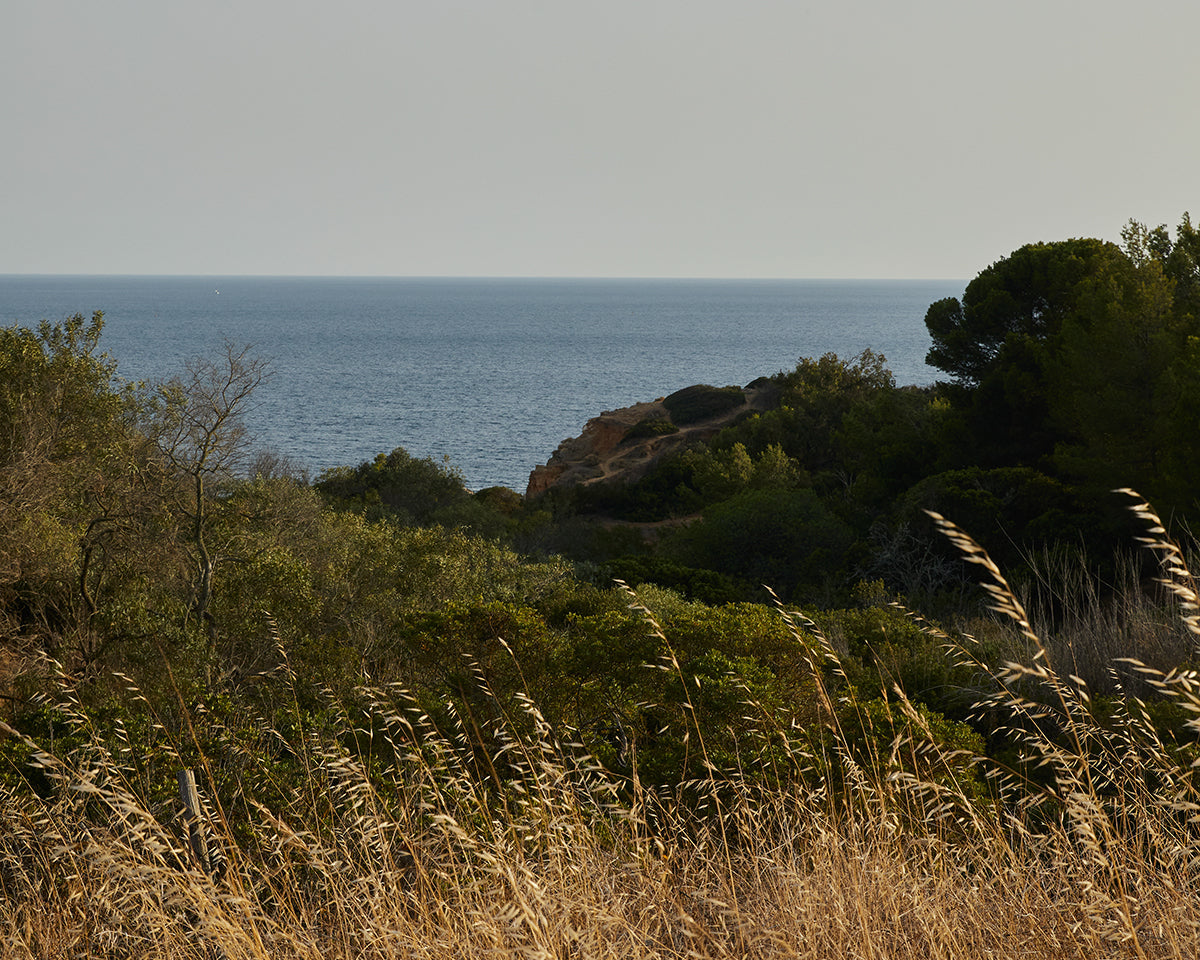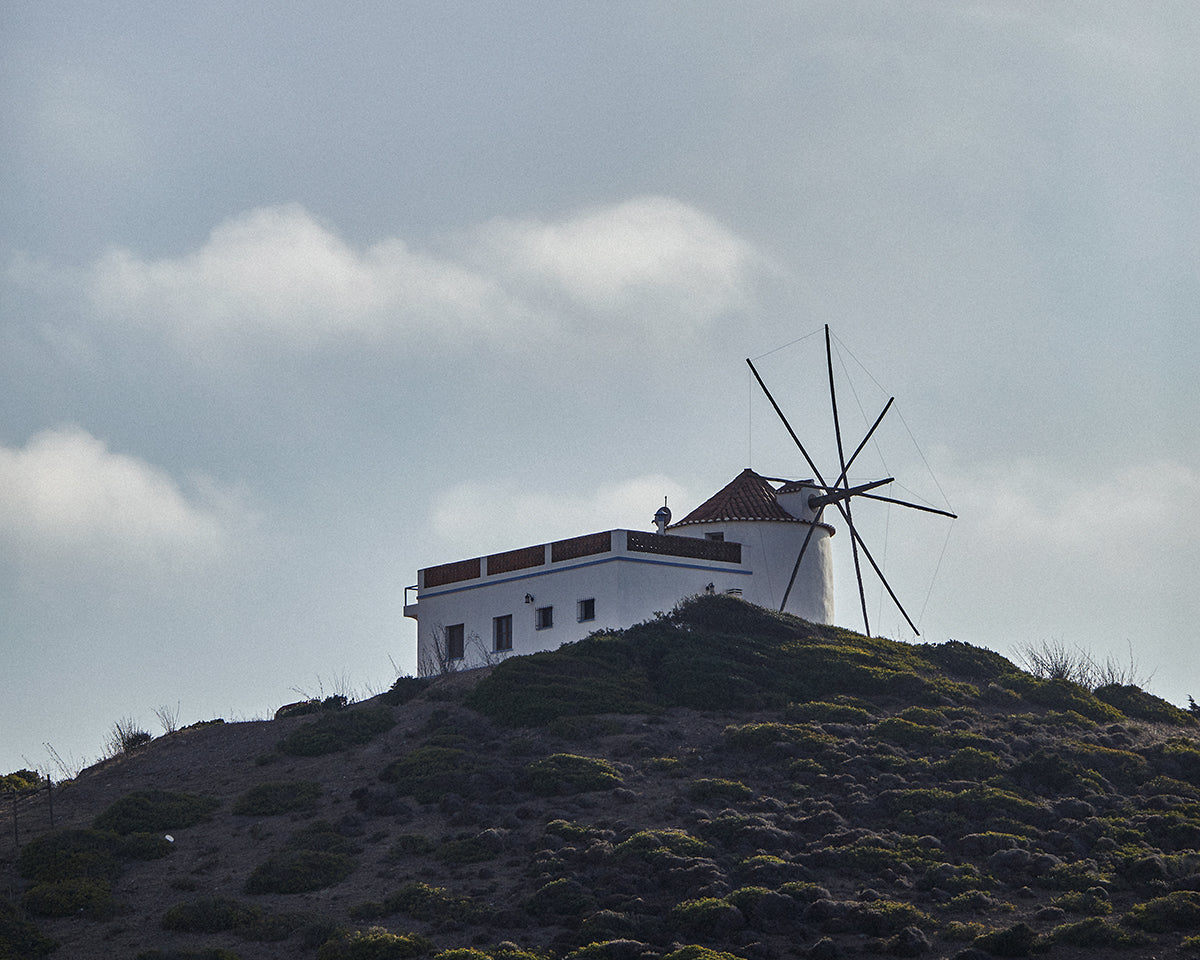CO₂ BALANCING OF OUR COLOGNE SITE
ONLY CLEAN OCEANS CAN HELP STABILIZE OUR CLIMATE
We offset the CO₂ emissions caused at our Cologne site (in our office, in the small store and in our warehouse) via a combined project in which ocean protection and CO₂ compensation go hand in hand: For every ton of CO₂ offset via a climate protection project, plastic is collected from the ocean.
Arthur and Felix are passionate surfers and feel a special connection to the ocean. It is enormously important for them to stand up for clean waters and their protection, because only healthy oceans can stabilize our climate in the future.
In addition to global warming, waste and pollutants are endangering the ocean's balancing function. So it is all the more alarming that over eight million tons of plastic waste end up in our oceans every year.
In order to protect and preserve marine life, microorganisms, and endangered species, it is becoming increasingly important to rid our waters around the globe of plastic and trash.
RENEWABLE ENERGIES FOR SUSTAINABLE POWER GENERATION
The expansion of renewable energies is indispensable if we want to halt global warming and, at the same time, secure our energy supply. Solar cells generate energy by harnessing the heat associated with solar radiation. Wind turbines, on the other hand, use the power of the wind to generate energy. In both cases, the energy is not generated from fossil fuels and is therefore considered emission-free. Clean wind or solar energy can replace some of the fossil fuel, emission-intensive energy, demonstrably save CO₂ emissions and thus contribute to climate protection.
CLEAN POWER GENERATION THROUGH SOLAR PARKS
In order to use solar energy for sustainable power generation, solar parks with photovoltaic systems have been set up in the Indian states of Maharastra, Orissa, Jharkhand, Gujarat, and Andhra Pradesh, generating around 349,000 MWh of electricity annually. By feeding electricity into India's state grid, the equivalent amount of electricity that burning fossil fuels would have otherwise produced is replaced. In this way, around 326,910 tons of CO₂ are avoided each year.
In addition to supplying energy, the project also contributes to developing infrastructure and creating new employment opportunities, thus making a comprehensive contribution to the UN Sustainable Development Goals.
INDEPENDENT ENERGY SUPPLY THROUGH WIND POWER
A wind farm on the Philippine island of Luzon is harnessing the island nation's enormous wind power potential. It has been ensuring an increasingly independent supply of clean electricity for the population since 2014. In the project area, nearly 22,000 people live mainly from agriculture, fishing and tourism. The wind farm operator has set a comprehensive program to improve the local people's living conditions and protect the environment. New water tanks and filter systems were installed, and hospitals were supported with donations of materials.







